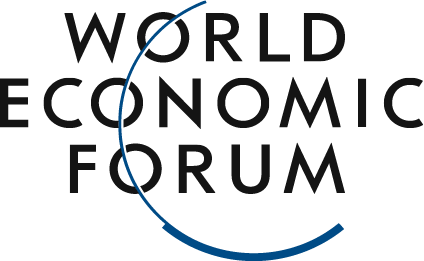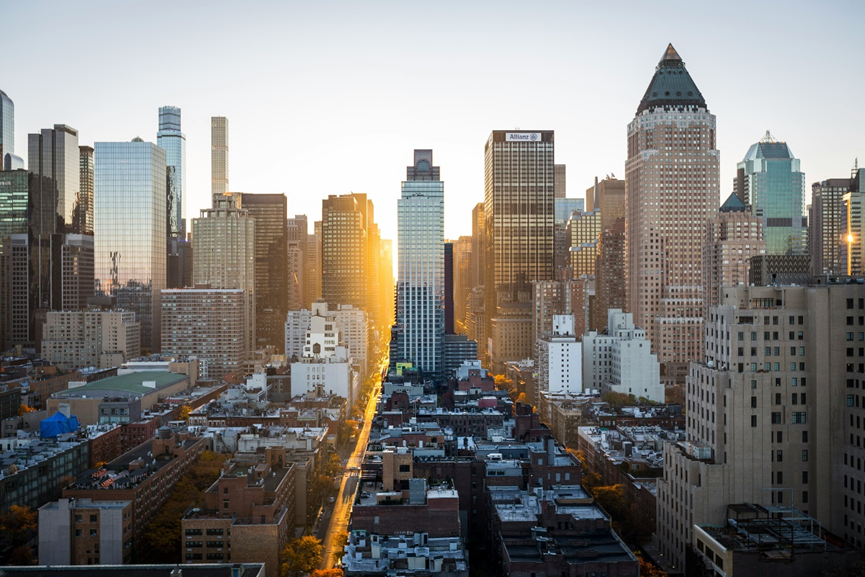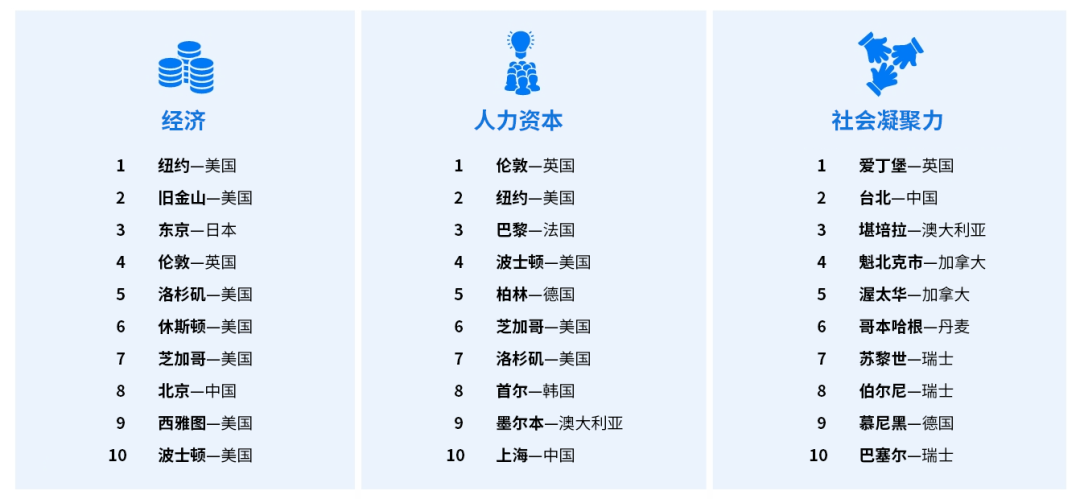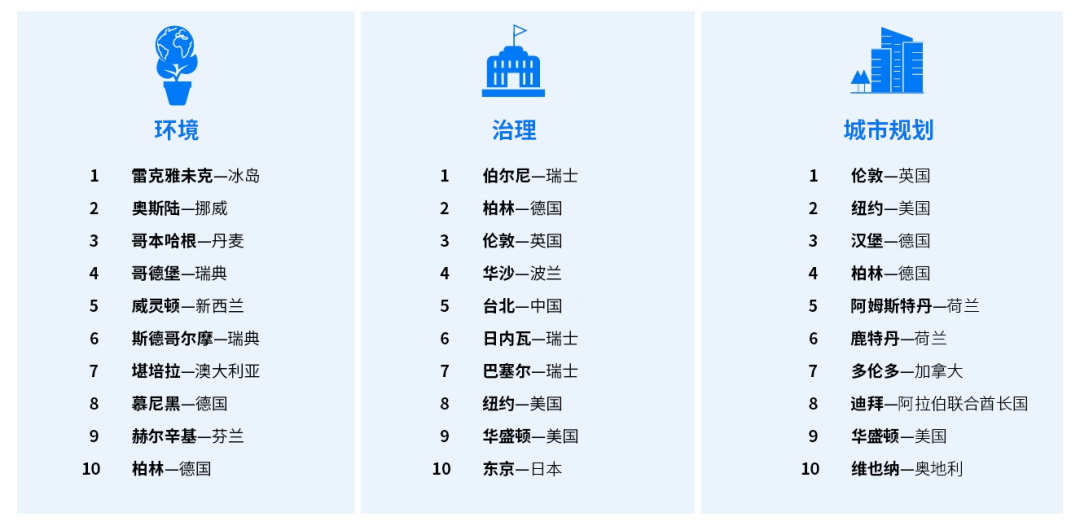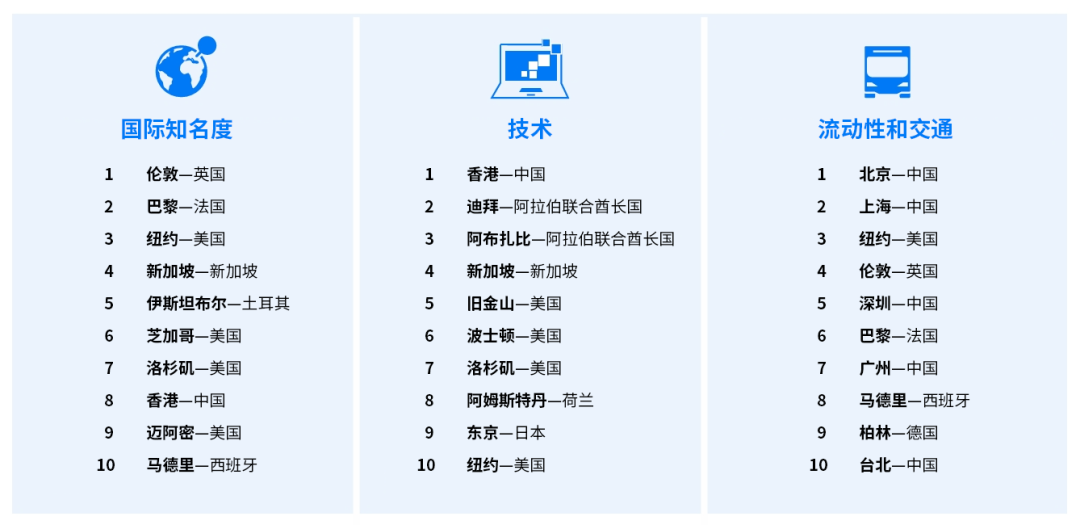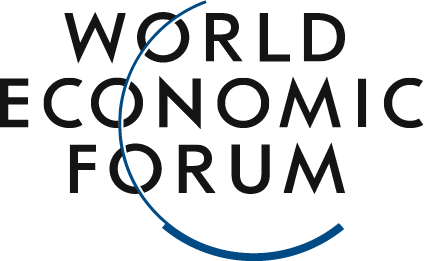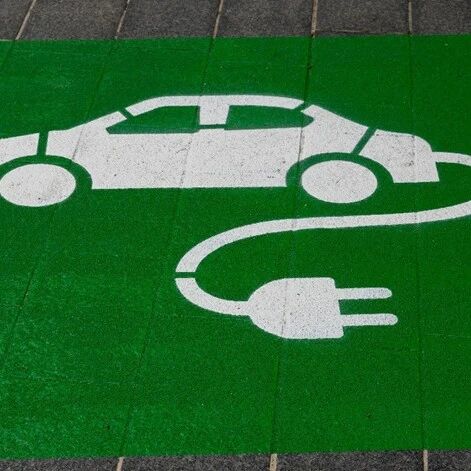New York ranks second among the world's smartest and most sustainable cities.
Image source:Unsplash/ben o'bro
Charlotte Edmond
Senior Writer for the Forum Agenda
A smart and sustainable city must meet a variety of factors, such as social cohesion, human capital, and economic performance.
European and U.S. cities rank prominently in IESE Business School's global ranking of the most sustainable and smartest cities, but many other regions’ cities excel in specific individual metrics.
As more and more people move to cities, initiatives like the World Economic Forum’s Global Cities Future Council—aimed at addressing urban affordability challenges—will become increasingly vital.
London, Paris, New York… We could easily list the world’s most famous cities. But what exactly makes a city truly great? Behind the hype and celebrity endorsements, as we strive to build smart, sustainable,When it comes to sustainable, livable urban spaces of the future, are there any other cities worth praising?IESE Business School states that there are many factors that contribute to a city's global standing, and over the past nine years, the school has ranked the world’s leading smart and sustainable cities.These factors include structural and systemic criteria such as urban planning, mobility, and transportation, as well as economic benchmarks like attracting and retaining top talent and fostering economic growth.Environmental protection and technology are increasingly becoming crucial factors to consider. There are also some more challenging areas to measure—ones tied to culture and society, such as social cohesion and human capital.IESE states that all these factors together have created some of the world's most exceptional cities—cities that are not only highly livable but also highly conducive to business growth.Jeff Merritt, Managing Director of the World Economic Forum’s Urban Transformation Platform, echoed this sentiment. "IESE’s report establishes a crucial link between 'smart' cities, sustainability, and local economies. When these elements come together, technological innovation can serve both people and the urban environment, paving the way for thriving 21st-century cities."European and North American cities dominated this year's rankings, while developing economies are also making strides to showcase their growing strength. After analyzing 183 cities across 92 countries and regions, the Yale School of Management identified the top 10 smartest and most sustainable cities in the world:
1. United Kingdom, London8. Netherlands, AmsterdamThe highest-ranked city in Latin America is Santiago (91st), followed by Buenos Aires (115th) and Montevideo (119th). Cape Town (141st) is the highest-ranked city in Africa.A unique and innovative approachBeyond the top ten, many cities around the world have adopted unique and innovative approaches.For instance, while Cape Town ranks relatively low overall, it has made significant strides in making information more accessible to residents and enhancing the city’s livability. The city offers free Wi-Fi on its public buses and leverages real-time data to support emergency response and monitoring services.Edinburgh ranks as the city with the strongest social cohesion.
Image source:IESE
Meanwhile, Santiago has made significant progress on several green initiatives, reducing the number of days with poor air quality by 70% over the past decade. The Chilean capital city has implemented measures such as transitioning 30% of its buses to electric vehicles since 2017.
Elsewhere in the world, Melbourne, Australia, is leading the way in biophilic urban design, seamlessly integrating nature with the cityscape. IESE highlighted the "Data in the Park" initiative, which leverages insights from analyzing interactions and behaviors in public spaces to enhance the management, maintenance, and design of green areas.Iceland is the most environmentally friendly city on the leaderboard.
Image source:IESE
The Hong Kong Special Administrative Region of China is another city leveraging data to enhance residents' lives, ranking first in terms of technological advancement. The report highlights the iAM Smart app as a prime example, showcasing how it provides users with a single digital identity and authentication method for accessing government services.
Edinburgh ranks first in social cohesion. IESE highlighted the Scottish capital's innovative initiatives, such as establishing an operations center to manage the city's real-time data, which has contributed significantly to areas like traffic management, disaster response, and reducing the city's carbon footprint.Beijing is a leader in mobility and transportation.
Image source:IESE
More and more people around the world are living in cities, making it a lasting challenge to ensure that urban areas thrive as sustainable, inclusive, and livable hubs for life.For instance, the Cities Task Force of the World Economic Forum’s Global Future Council is actively tackling one of the key challenges: the urban affordability crisis. The council aims to bring together stakeholders from the public, private, and civil society sectors to drive meaningful change and prevent the deepening of inequality.The report's authors note that while the examples above illustrate how smart cities can be built, intelligent urban design requires the right strategy and an actively engaged, participatory society. Although each city has its own unique path to improvement, there are indeed several best practices worth adopting—such as prioritizing innovation and leveraging technology to address change; tackling economic challenges like inflation and rising energy costs; striking a balance among economic growth, social equity, and sustainability; and fostering mutual learning across communities.The above content solely represents the author's personal views.This article is translated from the World Economic Forum's Agenda blog; the Chinese version is for reference purposes only.Feel free to share this on WeChat Moments; please leave a comment below the post if you’d like to republish.
Translated by: Sun Qian | Edited by: Wang Can
The World Economic Forum is an independent and neutral platform dedicated to bringing together diverse perspectives to discuss critical global, regional, and industry-specific issues.
Follow us on Weibo, WeChat Video Accounts, Douyin, and Xiaohongshu!
"World Economic Forum"
